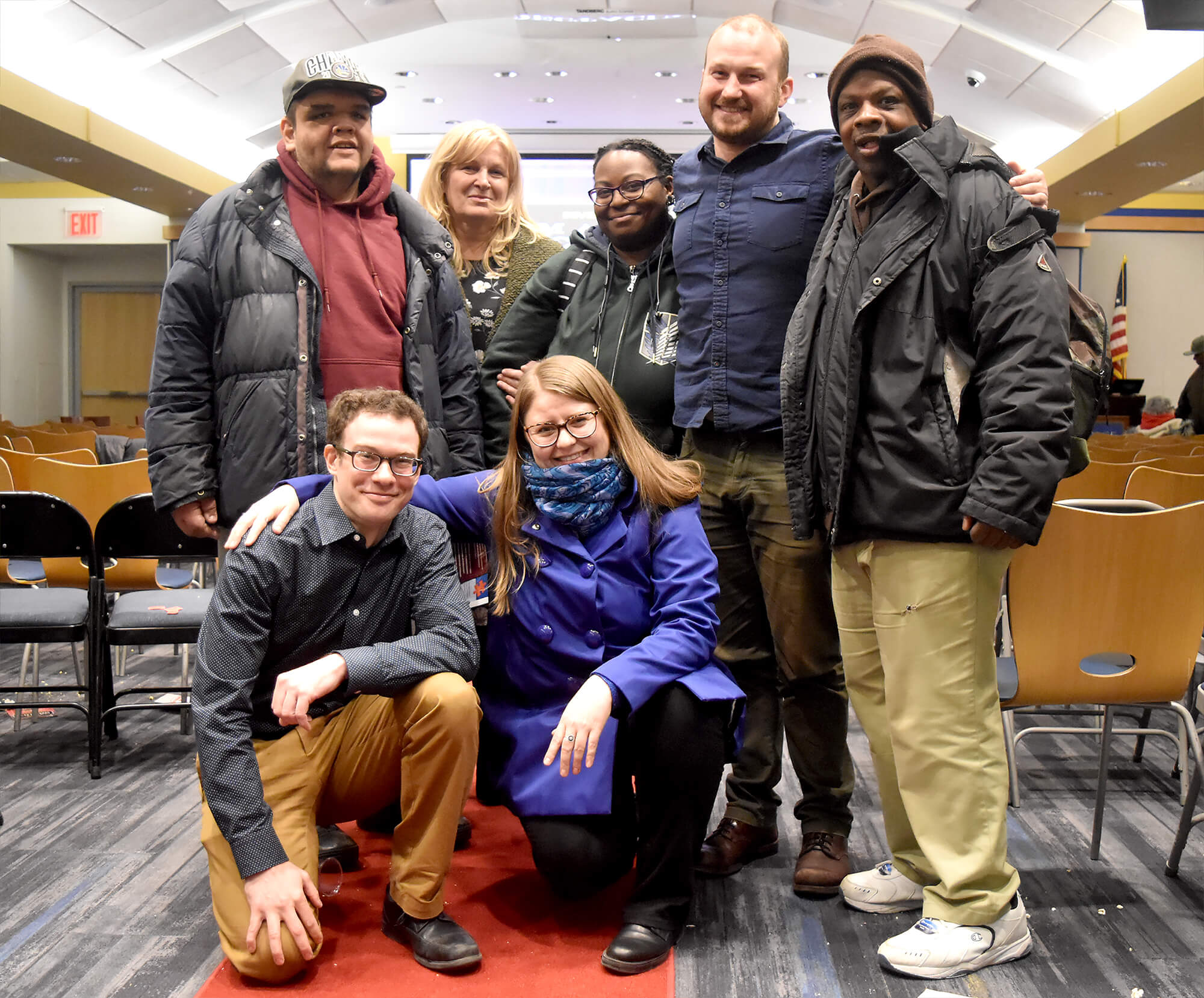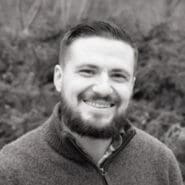Singers and dancers and actors, oh my! The Seventh Annual Pace University Celebration of People with Disabilities in Film took place on Thursday, April 4th, featuring creative expressions from people of all ability levels combined with interesting discussions on the disability experience from parents, professionals, and more. More than 200 people attended to view films that were presented by the Sprout Film Festival, Pace University, and the NYU Tandon School of Engineering.
“A Social Justice Movement”
Assemblymember Angelo Santabarbara attended with his son, Michael, who is on the autism spectrum. Following the film “JMAXX and the Universal Language,” which featured a dancer with autism who busts out his moves anywhere in public, the legislator from Schenectady remarked how difficult it can be to have a loved one with a visible disability. “It’s not spoken but you can tell people look,” he said. “I like to try and let Michael do things on his own. As he’s gotten older I will keep my distance and let him go but I notice that people will talk about him. As a parent, you have to assume he won’t be treated fairly.”
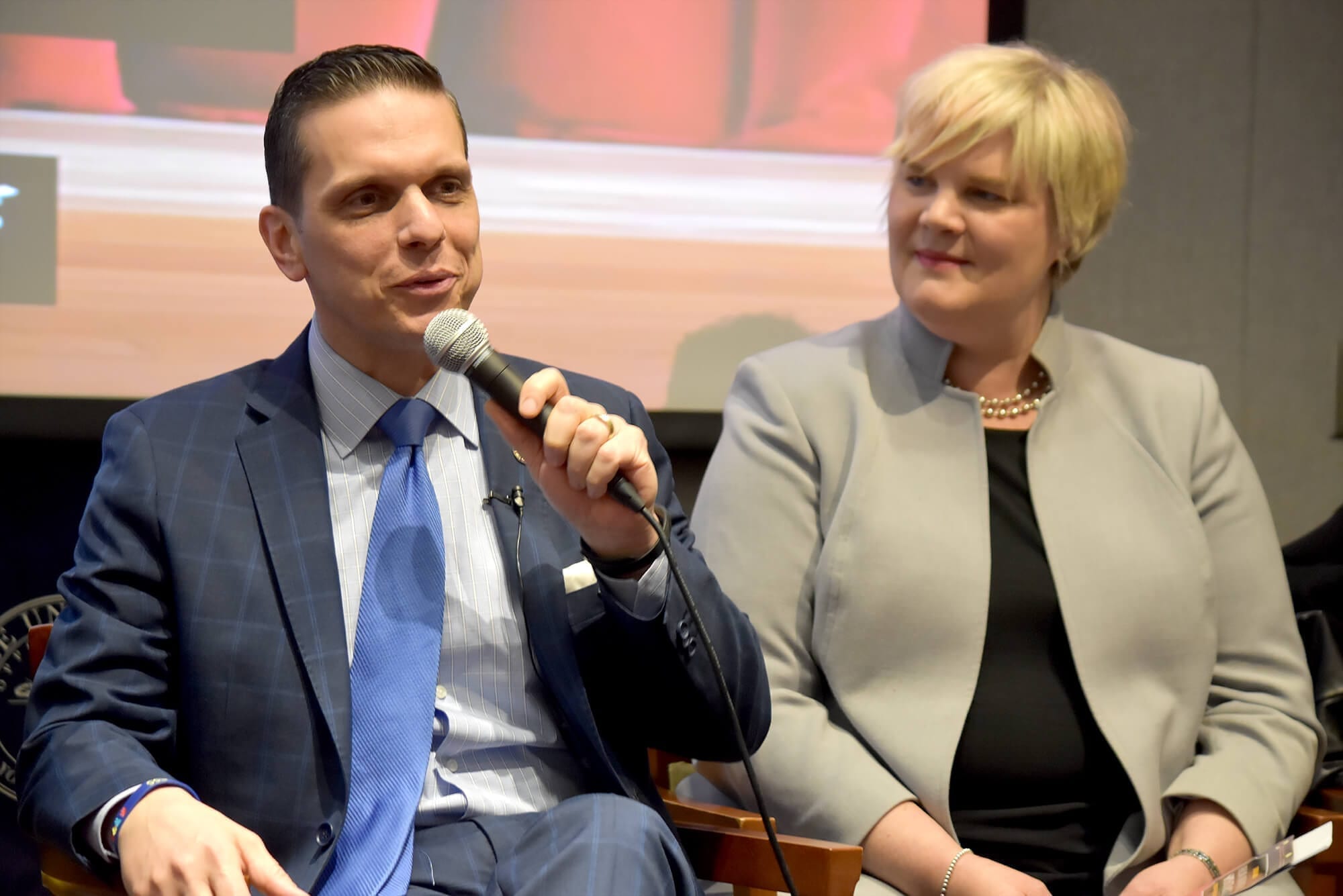
Betsy Lynam, AHRC New York City’s Chief Program Officer, said that many of the films centered on the themes of “providing choice” and “learning from the unlikely person.” Betsy later said that the films required people without disabilities to self-reflect. “We are in the middle of a social justice movement; we have to look in the mirror and see how we have to change,” she said.
In addition to “JMAXX,” the films screened this year included “Kill Off,” “Still Sophie,” “Fighter,” “Aretha,” “Surreality,” and “Being Seen.” At the beginning of the event, several organizations were invited to set up tables and provide information to guests, including AHRC NYC’s Melissa Riggio Higher Education Program. As in past years, the event was hosted by longtime AHRC NYC community partner, Dr. James Lawler.
In His Own Words: James Downey
James Downey, a self-advocate receiving services from AHRC NYC’s Stephen B. Siegel Day Center in Brooklyn, provided his reflections on the evening’s films and discussions:
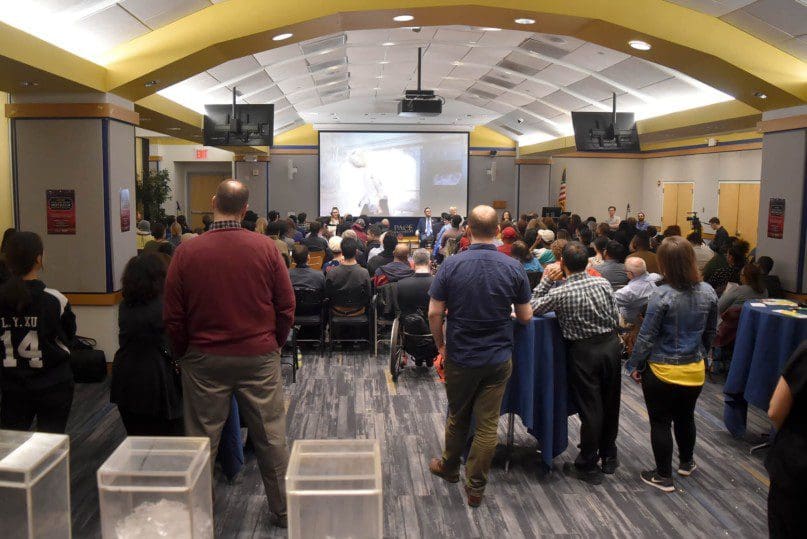
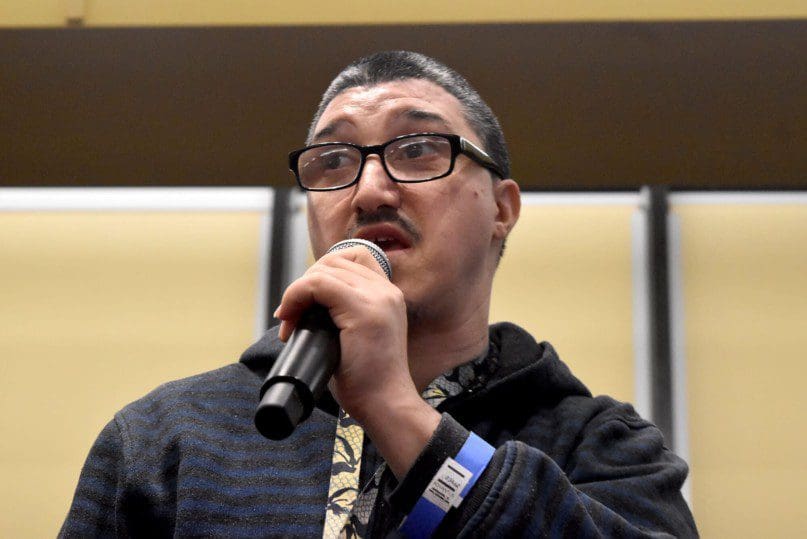
Last night, Janice and I went out to dinner, and after that, we went out to Pace University. It was nice; I met a lot of people. I met Victor Calise, the disability commissioner from City Hall. He works with Bill De Blasio, the Mayor of New York. I spoke to [Assemblyman] Angelo Santabarbara from Albany, New York.
We talked about doing the right things: sharing and caring. I spoke about our future, our life, and how to support people who support us. We saw a short film, it was nice. A man was dancing, he did a hip–hop thing. He danced to Aretha Franklin, Queen of Soul, after she died. I loved [panelist] Tabitha Haley; she’s a singer and an advocate. She sang a lot of songs at Pace University. She sings very nicely, she has a very good voice. I was so happy to be there, and I am planning to attend next year.
